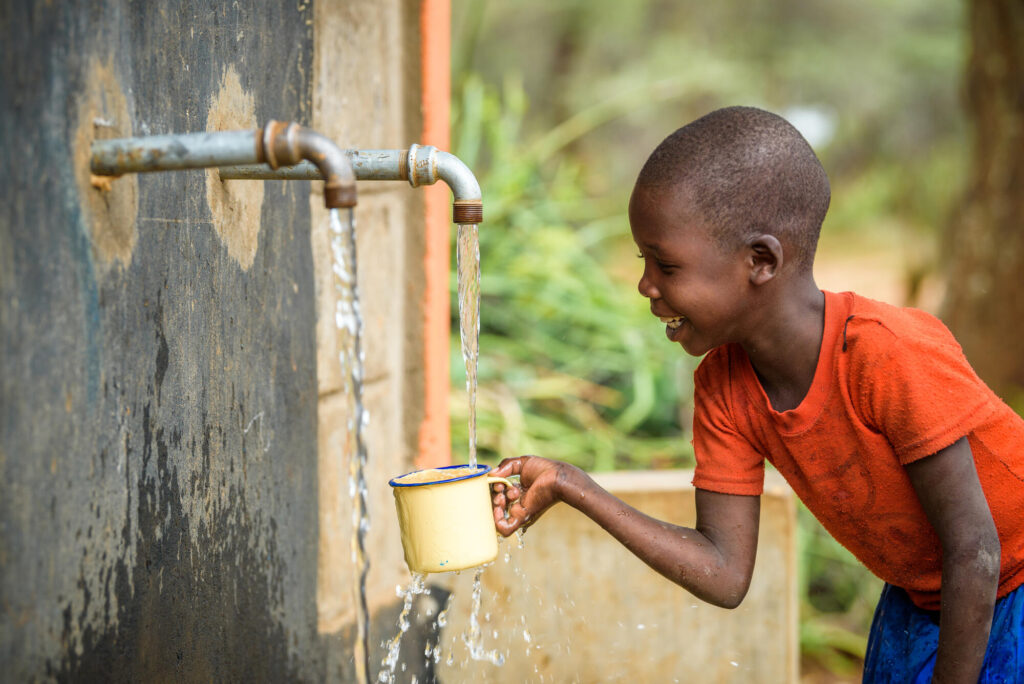
Access to clean water is not just a basic necessity; it is a fundamental human right that underpins public health. Unfortunately, in rural communities across the globe, the challenge of securing clean water persists.
Clean water is the bedrock of good health, acting as a powerful deterrent against waterborne diseases. In rural regions where water sources are frequently contaminated or scarce, communities face an elevated risk of falling prey to illnesses caused by pathogens and contaminants. The provision of accessible clean water plays a pivotal role in drinking, cooking, and personal hygiene, substantially reducing the incidence of water-related diseases such as diarrhea, cholera, and typhoid. By ensuring access to clean water, rural communities can significantly bolster the overall health and well-being of their residents.
Adequate sanitation and hygienic behaviors are contingent upon the availability of clean water. In rural areas, where clean water is lacking, maintaining proper sanitation facilities and practicing hygienic behaviors become arduous tasks. Accessible clean water serves as the foundation for the construction and utilization of safe toilets, handwashing stations, and bathing facilities. These facilities are pivotal in curtailing the spread of diseases and enhancing overall hygiene practices. By promoting proper sanitation and hygiene, clean water contributes to healthier living conditions and diminishes the occurrence of preventable illnesses.
The accessibility of clean water exerts a substantial influence on education and community development. In rural communities, the responsibility of water collection often falls on women and children, resulting in time constraints and reduced access to education. By providing accessible clean water sources within close proximity to households and schools, children, particularly girls, can devote more time to the classroom, ultimately leading to improved educational outcomes. Moreover, reliable access to clean water empowers communities to partake in productive activities, agriculture, and small-scale businesses, thereby driving economic development and alleviating poverty levels.
Clean water in rural communities is intrinsically linked to environmental sustainability. When clean water sources are limited, communities may resort to utilizing contaminated water or depleting natural water sources, which leads to long-term environmental degradation. Accessible clean water enables rural communities to adopt sustainable water management practices, such as rainwater harvesting, groundwater recharge, and water conservation. These practices, in turn, contribute to the preservation of natural resources and the resilience of ecosystems, ensuring long-term water availability for future generations.
Accessible clean water grants rural communities independence and self-sufficiency, reducing their reliance on external aid and interventions. When community members, particularly women and girls, have access to clean water sources, they can pursue education, engage in income-generating activities, and participate actively in decision-making processes. This empowerment fosters a sense of dignity, self-worth, and community pride, elevating the overall well-being of individuals and communities.
The significance of accessible clean water in rural communities cannot be overstated. Its profound impact on health, sanitation, education, economic development, environmental sustainability, and the overall well-being of individuals and communities is undeniable. Ensuring access to clean water necessitates concerted efforts from governments, organizations, and communities themselves. By prioritizing investments in water infrastructure, implementing sustainable water management practices, and promoting community engagement, we can strive towards a future where all rural communities enjoy equitable access to clean water, enabling them to flourish and realize their full potential.


